UN concerned as militancy in Mozambique forces 400,000 people to flee
The United Nations has issued a warning about an imminent humanitarian crisis unfolding in northern Mozambique, where at least 400,000 people have already been forced to flee their homes.
Mozambique's northernmost province of Cabo Delgado, which is rich in natural gas resources and hosts drilling and pumping stations estimated to be worth some $60 billion, faces regular terrorist attacks launched by militant groups causing insecurity in the region.
Reuters on Monday quoted UN refugee agency officials as saying that the refugee crisis in Mozambique threatened to spill over into neighboring African countries.
Valentin Tapsoba, the Southern African head of the United Nations High Commission for Refugees (UNHCR), told Reuters by phone from Pempa that the families, who had been reconstructing their livelihoods after sustaining heavy losses in 2019 caused by Cyclone Kenneth -- the strongest tropical cyclone to make landfall in Mozambique, were forced to flee from the violent acts of terror staged by armed groups linked to Daesh.
After seizing natural gas installations developed on the coastal zones in October, the militants began a push towards the inland districts of Cabo Delgado province.
In recent months, boatloads of refugees with little more than the clothes they wore fled their homes after falling prey to Daesh-linked militants.
Tapsoba said so far 424,000 people had fled their homes in Cabo Delgado after their villages were burned down, many of their men killed, and many young women taken into captivity, to seek refuge in the cities of Niassa, Nampula and Pempa.
The UN official predicted a further rise in the number of refugees, which the Mozambican authorities have estimated to reach to 570,000.
"The numbers are still growing ... so it is a very big concern," Tapsoba said, adding,"This is a situation starting in one country but if all the countries don't get their act together to tackle it, and wait too long, it could spread."
Tapsoba warned about the urgency of the resolving crisis, emphasizing that the onset of the rainy season could make it difficult to reach the refugee camps where thousands were living, which would be "a nightmare for these people."
Meanwhile, leaders from Mozambique, Zimbabwe, South Africa, Botswana and Tanzania were scheduled to get together for an emergency meeting in Maputo on Monday to review ways to tackle the militant insurgency and restore peace, prosperity and security to the energy-rich region.
Zimbabwean President Emmerson Mnangagwa has headed to Mozambique to attend the summit meant to find a long-lasting solution to the insurgency in Mozambique.
Extremist groups have caused havoc in Mozambique's northern Cabo Delgado province over the past three years, ravaging villages and towns as part of a campaign to establish a caliphate.
Little is known about Mozambique's extremists, who call themselves Al-Shabab with no known links to a terrorist group of the same name operating in Somalia.
Yemeni armed forces down F-18 fighter jet, repel US-UK attack: Spokesman
Iran warns against US-Israeli plot to weaken Muslims, dominate region
VIDEO | Public uproar in US against Israeli regime
‘Ghost town’: 70% of Jabalia buildings destroyed by Israel
Mother’s Day: Sareh Javanmardi’s inspiring journey as Paralympic champion and mother
Russia downs over 40 Ukrainian drones as Putin vows 'destruction' on Kiev
VIDEO | Yemen: A bone in Israeli neck
D-8’s role in Iran’s economy after Cairo summit


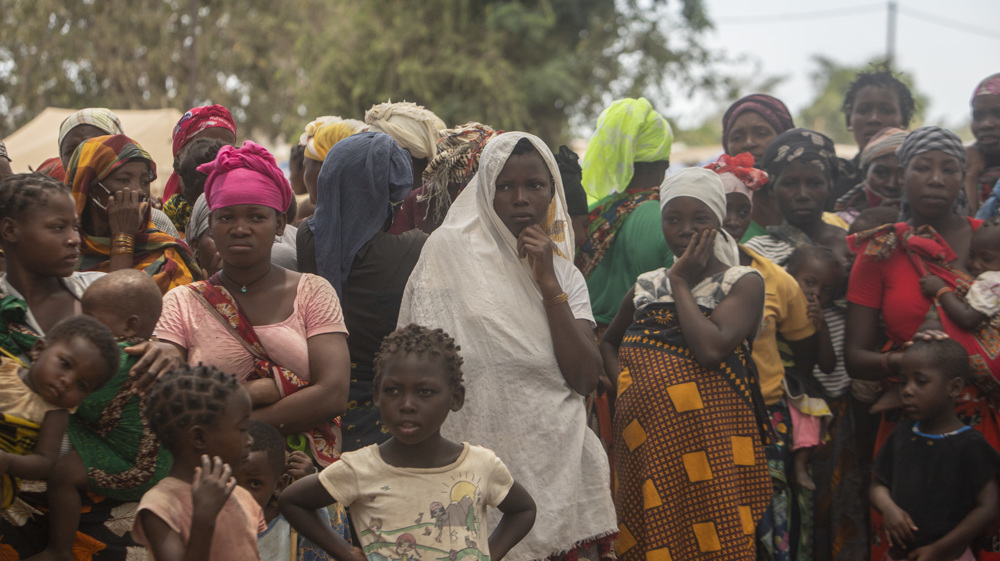




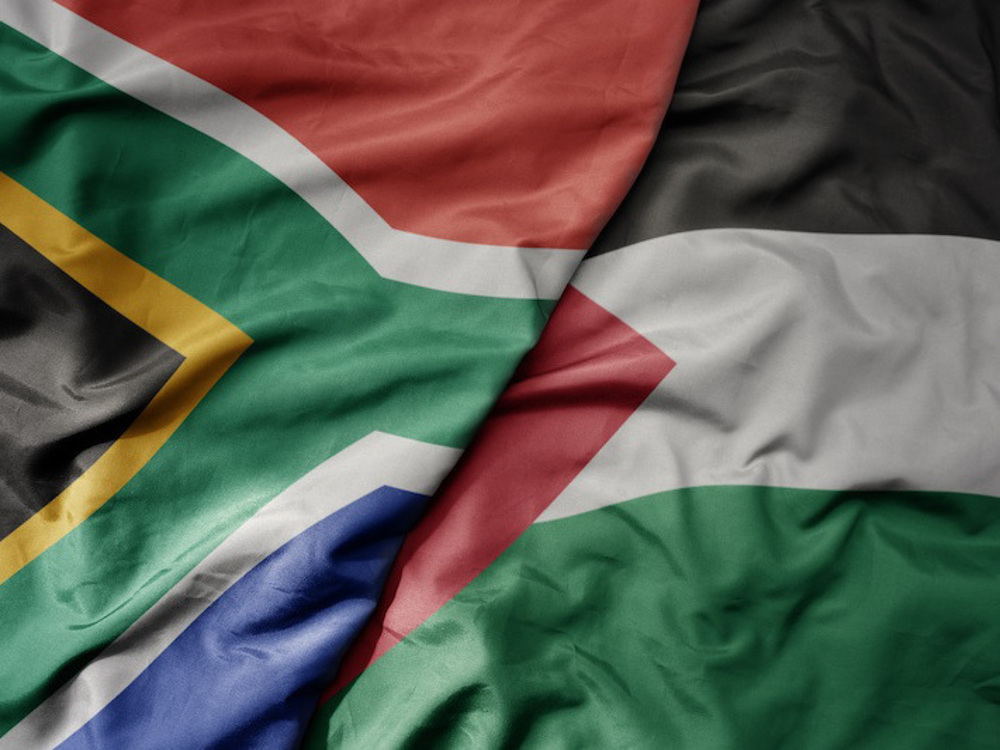



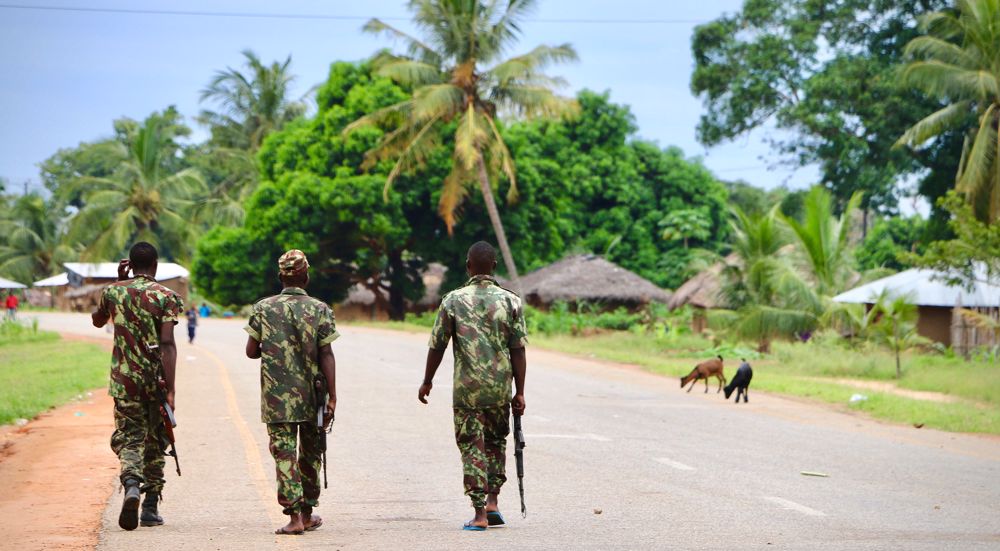

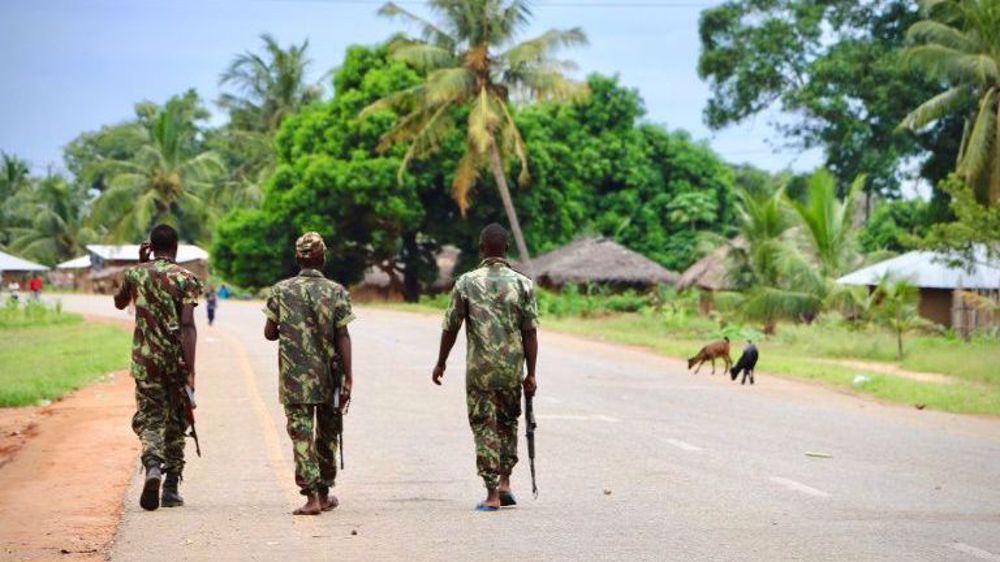
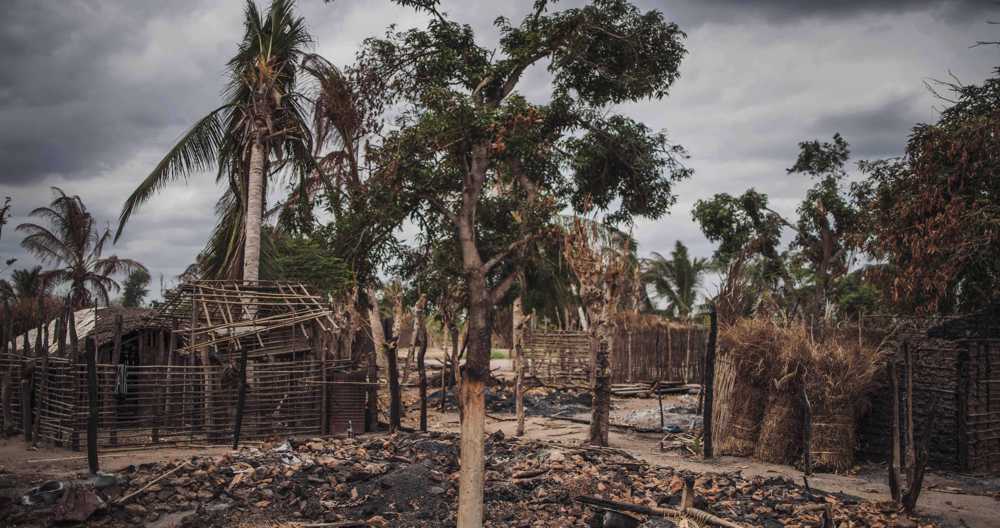

 This makes it easy to access the Press TV website
This makes it easy to access the Press TV website